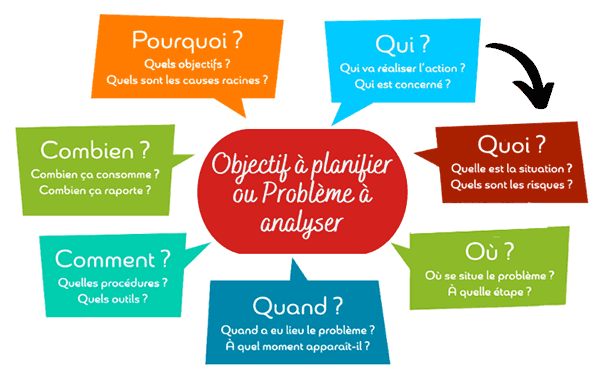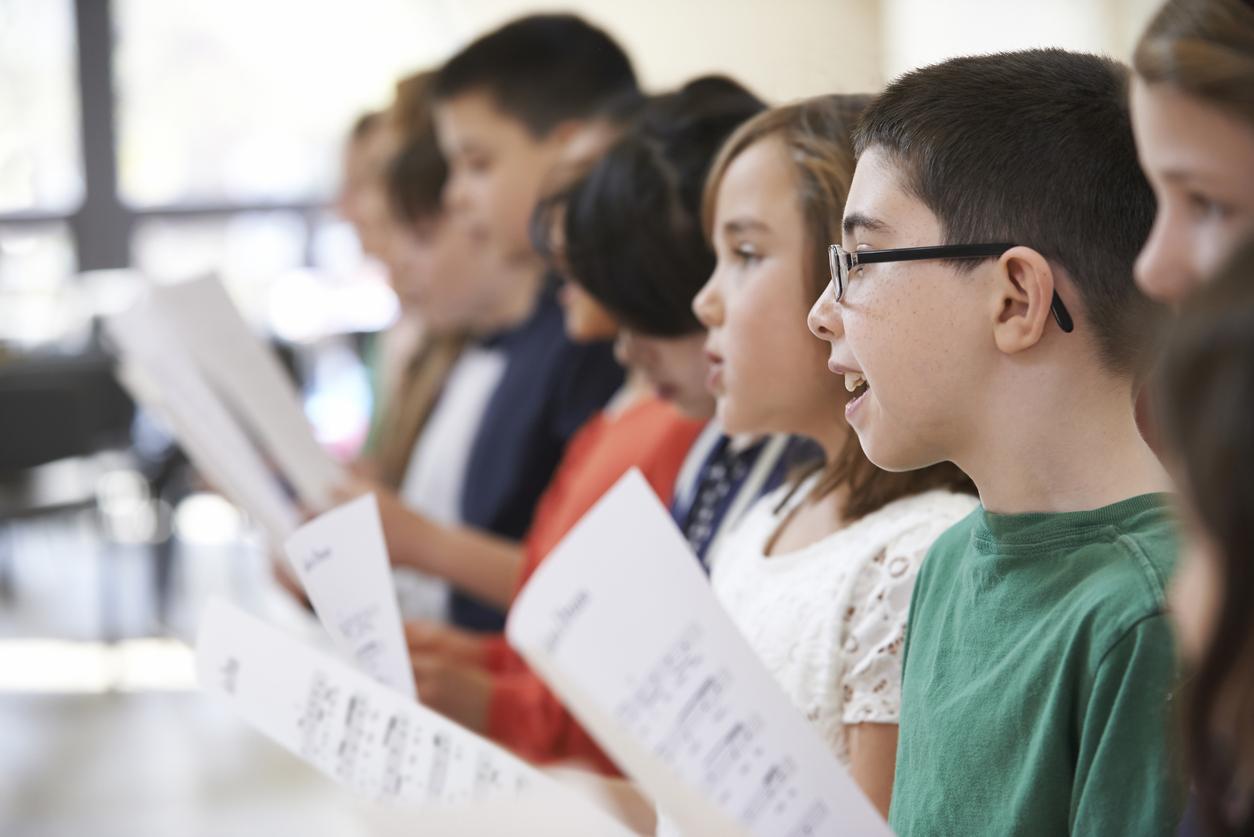According to a study, the brains of children aged four and five are not mature enough to focus their attention, like adults, on a specific object. An asset that allows them to learn more things when they explore the world.

- Before the age of 5, the ability to concentrate varies greatly from one child to another and can range from a few seconds to 2 or 3 minutes of continuous attention.
- Play allows children’s brains to develop and promotes learning.
“You have to look at all of life with the eyes of children…“. In the light of the results of a study published in Experimental Child Psychology, this quote from Henri Matisse takes on its full meaning. Indeed, according to the researchers, the wandering eye of young children allows them to avoid a learning trap that often serves adults.
“The ability of adults to focus their attention is usually very useful in everyday life“says Vladimir Sloutsky, study co-author and professor of psychology at Ohio State University.”But sometimes it helps to see the world more like a child and notice things that may not seem so important or relevant at the time..”
Adults focus too much on specific information
Specifically, the laboratory study involved 30 children aged 4 and 5 and 38 adults, equipped with eye trackers that could indicate where they were looking on a computer screen.
The scientists showed them colorful pictures of two different types of characters called Flurps and Jalets, with seven identifiable features, including a head, tail and antennae that helped tell them apart. Participants had to determine if a creature was a Flurp or a Jalet.
One of the characteristics was never mentioned in the instructions, however, and it didn’t differ between creature types. This is what the researchers called the “irrelevant feature“.
The scientists then realized that the adults hadn’t been paying attention to features that weren’t useful during the first part of the exercise, so they missed the moment when those same features became important. . The children, on the other hand, had paid attention to everything, and therefore noticed more quickly that the rules had changed.
Observing like a child allows you to be more efficient
Indeed, during the exercise, it was this same initially irrelevant clue – the part of the body that previously had no bearing on the type of creature – that became the one that determined whether it was of a Flurp or a Jalet. It appeared that the adults noticed the importance of the new feature less than the children and instead relied on the less important ones previously learned.
Thus, adults often choose selective attention because it is useful for achieving efficiency but it can also have a deleterious impact by causing them to miss information.
“When you know something really well or the solution to a problem seems obvious, it can be helpful to broaden your focus, look for clues that may not seem relevant at first – to think like a child again“, concludes Vladimir Sloutsky
















